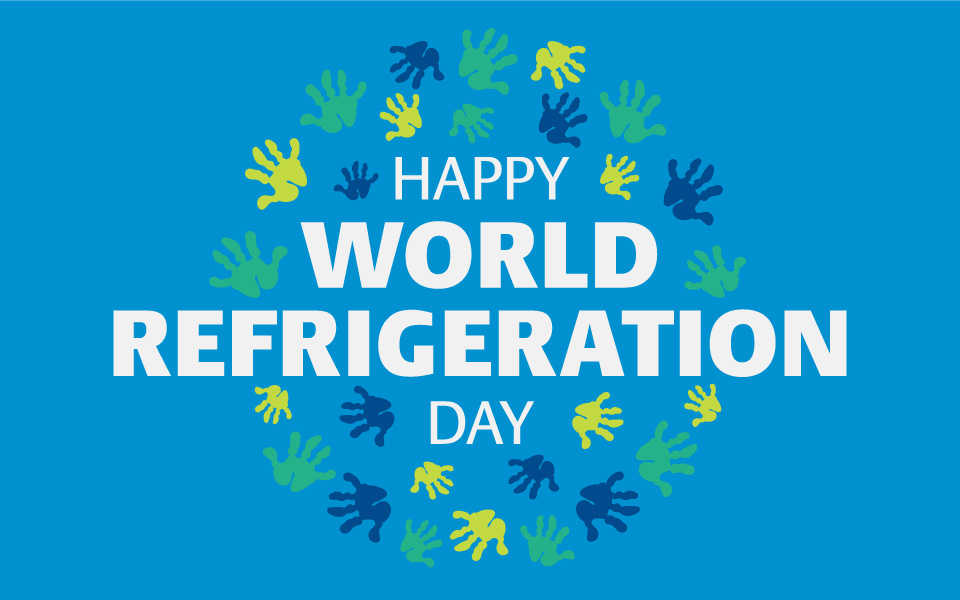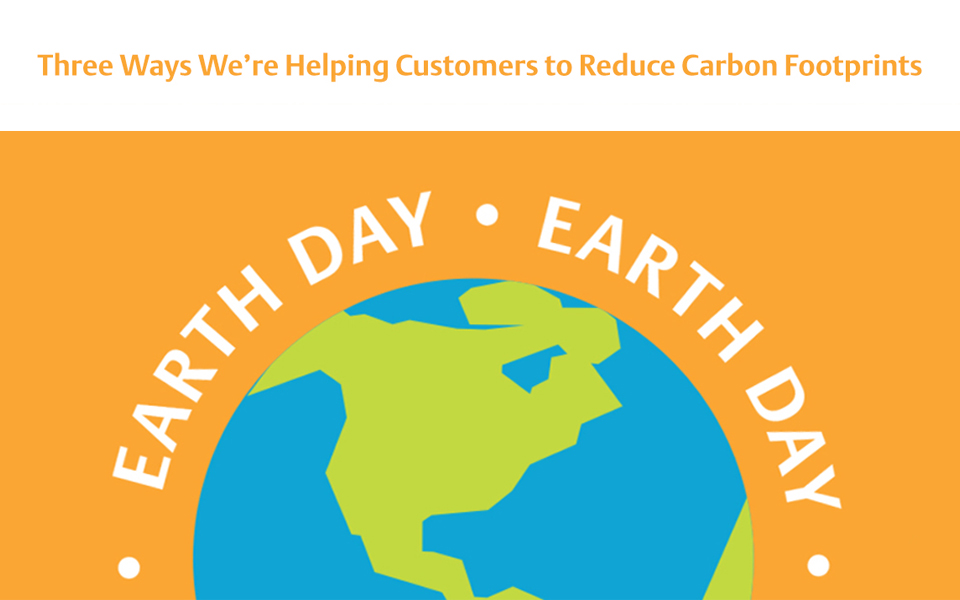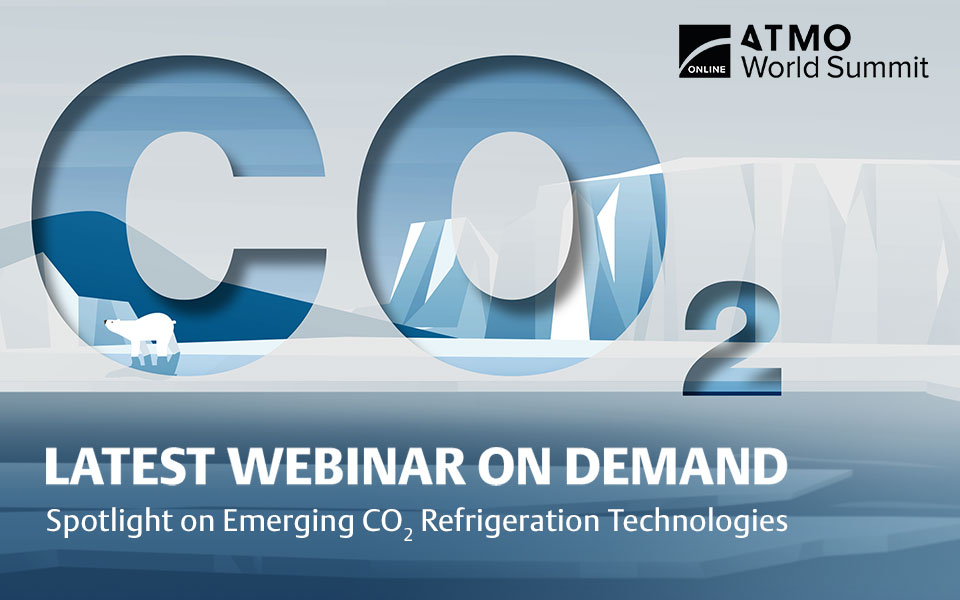Food Safety Remains a Top Priority for Retail Businesses

This is the first post in a five-part series on food safety throughout the month of September.
Fresh, nutritious food options are available today in more locations than ever before. Food retailers are adapting their facilities to meet this consumer demand for fresh foods. Supermarkets are offering prepared food options and convenience stores are adding foodservice elements. Small format stores are increasing their refrigerated sections and traditional grocers are adding onsite food preparation stations as store concepts converge to keep up with this trend.

As retailers navigate these changes and integrate refrigerated goods into their facilities, it’s critical that foods stay fresh to ensure product quality, brand consistency and customer satisfaction.
Maintaining freshness can be a profitability challenge for retailers, and it’s an important food safety issue as well.
Why is food safety so critical? From foodborne illnesses to product recalls and lawsuits, it’s easy to see how food safety issues can negatively impact retail businesses by looking at news headlines over the past 10 years. A single issue can close down an entire product category for an extended period of time, affecting the retailer’s profits and reputation.
94% of shoppers trust their grocery store to ensure that the food they purchase is safe. (FMI U.S. Shopper Trends, 2016) In fact, food retailers are perceived as an important ally in helping customers to achieve wellness goals. But, consumers are aware of the many possible hazards in the food system, so retailers have the potential to lose that trust if an issue arises in their stores.
And with the Food Safety Modernization Act (FSMA), U.S. regulators are keeping a closer eye on food safety risks and retailers’ impact on the environment.
Retailers can leverage the latest facility technologies to increase visibility and control of the store equipment that maintains product freshness. Integrated facility controls offer connectivity and Internet of Things (IoT) capabilities for retailers to access real-time performance data to increase operational and energy efficiency as well as address potential issues, like equipment downtime or refrigerant leaks, that could impact food safety.
Look for the next post in this series to learn how preventive maintenance and remote monitoring can assist retailers in preventing food safety issues.
For more than 20 years, Emerson’s Digital Solutions has been helping businesses like yours safeguard food, reduce energy consumption, protect the environment and optimize business results. To learn more about our technology solutions and services for retailers, visit our website.

Focus on Greener “Cooling Matters” for World Refrigeration Day
by Rajan Rajendran | Cold Chain
June 26 is annual World Refrigeration Day: a day when the world recognizes the significant role...

Earth Day Decarbonization: Three Ways We’re Helping Customers to Reduce Carbon Footprints
by Greg Polce | Cold Chain, Food Retail, Foodservice, Healthcare, Industrial, Transportation
April 22 marks the 52nd anniversary of Earth Day — a day when the world pauses to reflect on the...

Emerson Highlights Commitment to CO2 at ATMO World Summit 2022
by Andre Patenaude | Cold Chain, Food Retail, Foodservice, Industrial
Emerson recently participated in the ATMO World Summit 2022, a 24-hour event focused on exploring...
The post Food Safety Remains a Top Priority for Retail Businesses appeared first on Emerson E360 Blog.